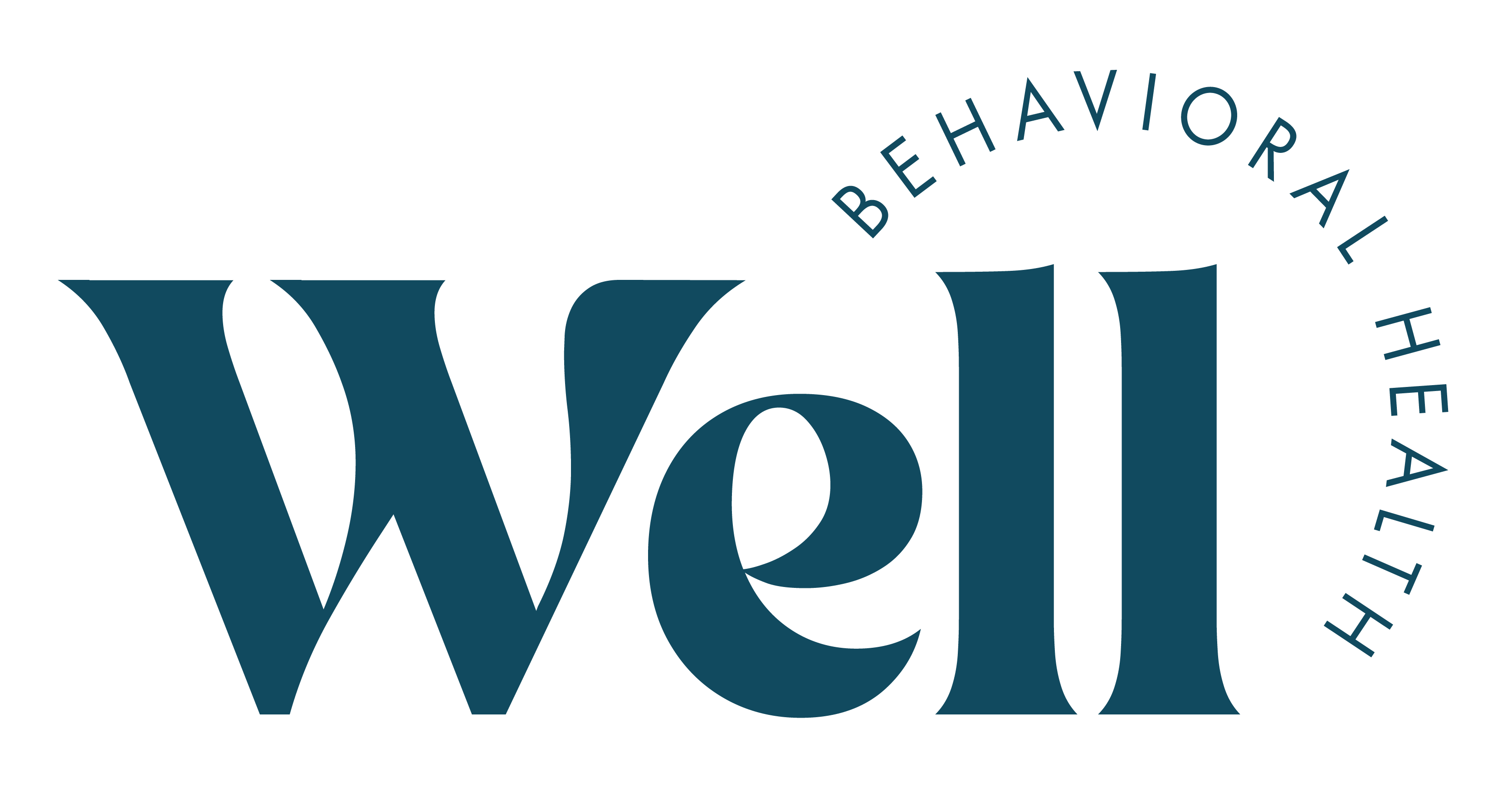Mental Health Awareness Month
Every May since 1949, we’ve recognized Mental Health Awareness Month—a movement born from the need to confront stigma and educate the public. But how did this crucial observance begin, and why does it matter more than ever today? Let’s break it down.

The Origins: Post-War Progress
In the aftermath of World War II, the U.S. faced a mental health crisis. Returning soldiers struggled with invisible wounds, and outdated practices like institutionalization dominated care. This urgency led to two pivotal moments:
- 1946: President Truman signed the National Mental Health Act, which funded research and laid the groundwork for modern mental health care.
- 1949: The National Institute of Mental Health (NIMH) was established to train professionals, expand community services, and advance research. That same year, Mental Health America (then the National Mental Health Association) launched Mental Health Awareness Month to replace silence with understanding.
Why It Still Matters
- In 2022, out of 59.3 million adults struggling with mental health challenges, about half got mental health treatment. Despite decades of progress, stigma remains a barrier. Here’s why awareness drives change:
- Stigma isolates: Negative stereotypes push people into silence, delaying life-saving treatment.
- Recovery is real: Stories of resilience prove mental health challenges don’t define a person’s potential.
- Community care works: Supportive environments—not just individual effort—are key to healing.
2025’s Call: Turn Awareness into Action
- This year’s theme challenges us to move beyond words. Here’s how:
- Educate yourself: Learn about conditions like anxiety or PTSD. Knowledge dismantles fear. It moves us closer to compassionate understanding.
- Advocate: Demand better policies by contacting legislators.
- Mental Health America has a template and further resources that can help you get started
- Celebrate strength: Share your story or uplift others’ journeys. The more we uplift stories, we move away from isolation.
Small Steps, Big Impact — You don’t need a grand gesture to make a difference:
- Ask openly: “How are you really doing?” Listen without judgment. Not everyone is seeking problem-solving, most times a listening ear has the greatest impact of all.
- Share resources: Post hotline numbers or local support groups. Silos only help those invited and privileged to the information. You don’t have to have all of the answers but you can certainly spread the information you know.
- Prioritize self-care: Rest, therapy, or hobbies aren’t indulgences—they’re essentials.
The Bottom Line
A part of being human is having a colorful spectrum of emotions. A part of life is the inevitable pain we feel. If we can acknowledge physical health, can’t we do the same for mental health? By replacing shame with support, we build a world where asking for help isn’t just safe but celebrated. This May, let’s turn awareness into action, one conversation at a time.
Together, rewrite the narrative—from stigma to strength.






